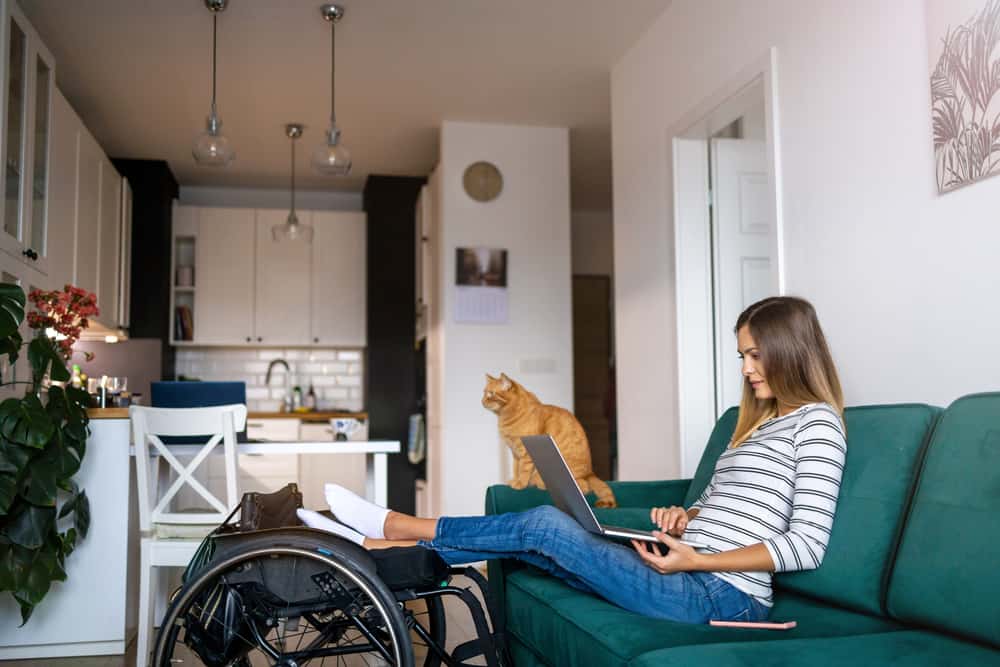The Social Security Administration is very strict with beneficiaries’ earnings. Even earning a small sum from a small business can impact your social security disability benefits. When considering your benefits and income, the administration will try and determine if “substantial gainful activity” is occurring.
And in many cases, this “substantial” activity is not even enough to pay rent in many cities.
Plan for Achieving Self Support (PASS)
PASS is a program that is an incentive to work for many on SSI, and the program will allow assistance with becoming independent. For example, PASS will help you reach your goals through assisting with the equipment you may need, education, and training to help you create a business.
And PASS requires a very detailed business plan when applying for the program.
The SSA will allow a person to be on a trial work period where they can, for nine months, return to work. This period allows a person to try and become independent again.
The Trial Work Period is very important because you’ll have nine months to see how much you can earn.
If you work over 80 hours or earn over $910 per month as a self-employed person, it will count towards your trial work period.
At the end of this period, the SSA will conduct its own analysis of your earnings. If a person earned $1,260 or more per month or had Substantial Gainful Activity (SGA), in each of the nine months, the administration may deem the person able to support themselves, stopping the benefits in the process.
Now, if a person doesn’t earn over $1,260, they’ll continue to receive their entire benefit amounts.
SGA and Businesses
Small businesses may not be profitable for months, years, or ever. The SSA will not be able to count SGA on income alone for this reason. A person’s number of hours that go into a business cannot also be counted properly because working 100 hours on your own small business may still net zero profit.
Some of the biggest businesses in the world operate at a loss.
And since this is the case, what will happen is that the SSA will look at:
- Amount of work done
- Type of work done
A reasonable value for the work will be determined, and by this measure, the SSA will be able to determine if the work conducted was more than the benefit amount. For example, you can’t charge $100 for one hour of work and then $0 for 10 hours to bypass your benefit limits.
Small businesses can deduct a lot of expenses, reducing their total income despite their work being worth $100 an hour under normal circumstances.
Three tests will be conducted to determine SGA:
- Comparability test
- Worth of work test
- Significant services and substantial income test
If their tests state that SGA was achieved, recipient benefits will be lost. So, yes, you can operate a business while on disability, but there are strict guidelines that must be followed before benefits are lost.



